Fish Meal
Product Details:
- Type Fish Meal
- Form Powder
- Suitable For Aquatic Animals
- Application Water
- Efficacy Promote Growth
- Function Heathycare supplement
- Shelf Life 12 Months
- Click to View more
Fish Meal Price And Quantity
- 38.0 INR/Kilograms
- 100 Kilograms
Fish Meal Product Specifications
- Promote Growth
- Powder
- Fish Meal
- 58 60 %
- 12 Months
- Aquatic Animals
- Water
- Heathycare supplement
- 6-12% Percentage ( % )
Fish Meal Trade Information
- 5000 Kilograms Per Month
- 7 Days
Product Description
Fish meal is a premium animal feed ingredient made from whole fish or fish by-products, processed to remove moisture and oils. Rich in essential nutrients, it serves as an excellent protein source, providing amino acids, omega-3 fatty acids, and vitamins. This highly digestible meal promotes optimal growth and health in livestock, poultry, and aquaculture. Its natural flavor enhances palatability, encouraging feed intake in various animals. Fish meal supports overall health, boosting immune systems and promoting better feed conversion rates. Additionally, its nutrient-dense profile contributes to improved reproductive performance and enhances the quality of meat and eggs. Sustainable sourcing practices ensure that fish meal is an eco-friendly choice for animal nutrition. With a long shelf life, it can be stored easily without compromising its nutritional value. Suitable for a wide range of applications, including aquaculture, poultry, and swine feeds, fish meal remains a vital component in modern animal nutrition, delivering high-quality protein for growing and productive animals.
The ongoing innovation in processing methodology has also enhanced the quality and consistency of fish meals and has now become a high-quality and reliable component in all feed industries around the world. It is not exclusive to other constituents of the feed, it can be formulated flexibly, according to the specific dietary requirements of different species. Suppliers and manufacturers are concerned with high standards of quality control to achieve purity, safety, and nutritional effectiveness. Fish meal is a widely traded commodity that allows stable supply chains for international livestock and aquaculture industries. Due to the increasing demand for highly efficient animal feed, fish meal is still a very important part of sustainable farming activities, as it provides better feed efficiency and economical value to producers all over the world.
Fish Meal:
Definition: A nutrient-rich feed ingredient made from processed fish and fish by-products, used in animal nutrition.
Production Process:
- Fish harvesting and sorting
- Cooking and pressing to extract oil and moisture
- Grinding and drying to produce a meal
Characteristics:
- High protein content (60-80%)
- Moderate energy content
- Rich in omega-3 fatty acids (EPA and DHA)
- Good amino acid profile
- Variable particle size
Fish Meal Uses:
- Aquaculture feed (salmon, shrimp, tilapia)
- Poultry feed (broilers, layers)
- Swine feed
- Cattle feed
- Pet food
Benefits of Fish Meal:
- Excellent protein source
- Improves growth rates and feed efficiency
- Enhances animal health and well-being
- Supports immune function
- Environmentally friendly (reduces waste)
Types:
- Whole Fish Meal
- Fish Bone Meal
- Fish Protein Concentrate (FPC)
- Hydrolyzed Fish Meal
Specifications of Fish Meal:
- Protein: 60-80%
- Fat: 10-20%
- Fiber: 2-5%
- Moisture: 10% max
- Ash: 15-25%
Certifications:
- FDA (US)
- EU Food Safety Authority (EU)
- International Fishmeal and Fish Oil Organization (IFFO)
- Global Aquaculture Alliance (GAA)
- Best Aquaculture Practices (BAP)
Regulations:
- Varying regional regulations regarding fish meal production and use
- Must comply with animal health and safety standards
- May be restricted or banned in certain applications (e.g., ruminant feed)
Storage and Handling:
- Store in cool, dry place
- Protect from moisture and pests
- Handle with care to prevent damage
|
Country of Origin |
Made in India |
|
Grade Standard |
Feed Grade |
|
Shelf Life |
1 year |
|
Raw Material |
Soya Doc |
|
Moisture |
50 % |
|
Packaging Type |
PP Bag |
|
Form |
Powder |
Specification
|
Item |
Theoretical Values |
Result |
|
Appearance |
Yellow Brown Powder |
Yellow Brown Powder |
|
Moisture |
Max 10.0 % |
8.1 |
|
Protein ( N x 6.25) |
Min 60% |
60.3 |
|
Fat |
Max 8.0 %-11.0 % |
9.2 % |
|
Heavy Metals |
||
|
Lead (ppm) |
Max 5.0 |
Not Detected |
|
Cadmium (ppm) |
Max 1.0 |
Not Detected |
|
Arsenic (ppm) |
Max 1.0 |
Not Detected |
|
Mercury (ppm) |
Max 1.0 |
Not Detected |
|
Microbiology |
||
|
Total Plate count (cfu/gm) |
Max 1000 |
45 |
|
Yeast & mould (cfu/gm) |
Max 100 |
20 |
|
Salmonella |
Negative |
Absent |
|
E. Coli |
Negative |
Absent |
|
S. Aureus |
Negative |
Absent |
FAQ about Fish Meal :
Q.What is fish meal, and what is it made from?
A. Fish meal is a high-protein feed ingredient made from the processing of fish, usually by-products from the fishing industry. It contains essential amino acids and omega-3 fatty acids beneficial for animal nutrition.
Q.How is fish meal used in animal feed?
A. Fish meal is commonly used in the diets of livestock, poultry, and aquaculture to enhance growth rates and overall health due to its rich nutrient profile.
Q. Is fish meal sustainable?
A. Sustainability depends on the sourcing of the fish. Opt for fish meal certified by organizations like the Marine Stewardship Council (MSC) to ensure it comes from sustainable fisheries.

Price:
- 50
- 100
- 200
- 250
- 500
- 1000+


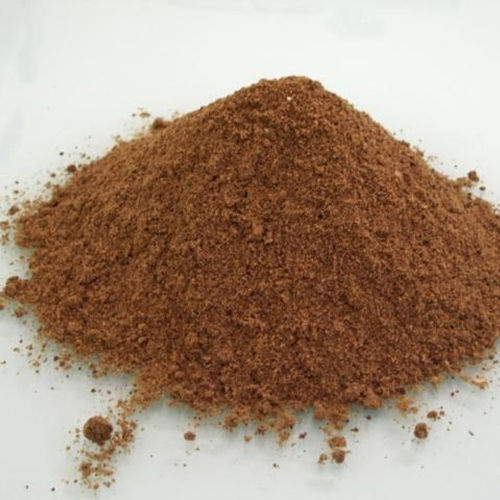

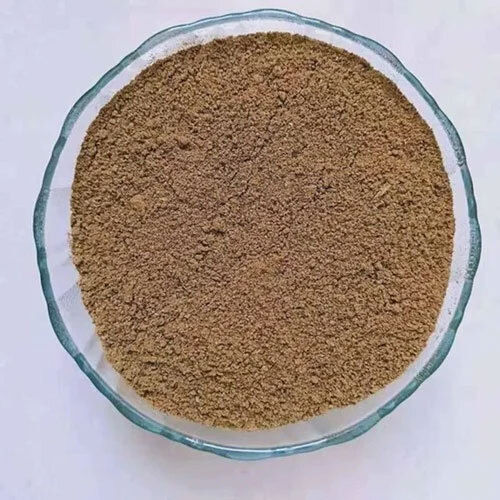
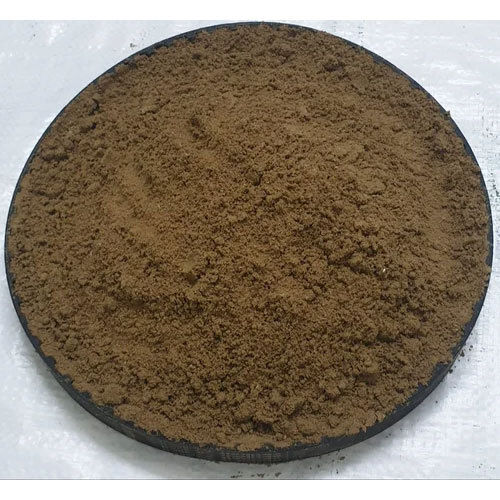
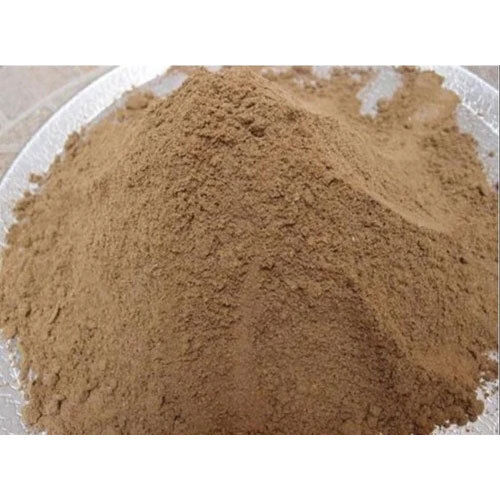
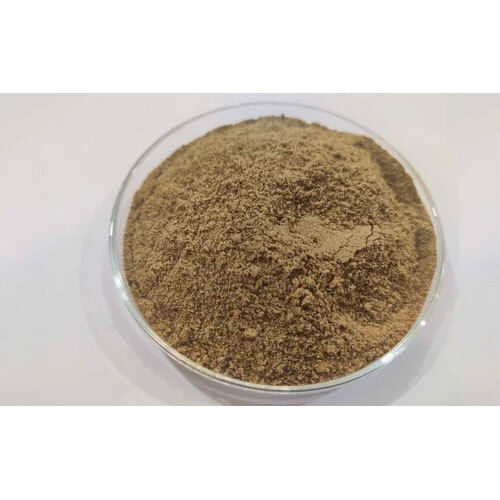
 Send Inquiry
Send Inquiry Send SMS
Send SMS Call Me Free
Call Me Free
